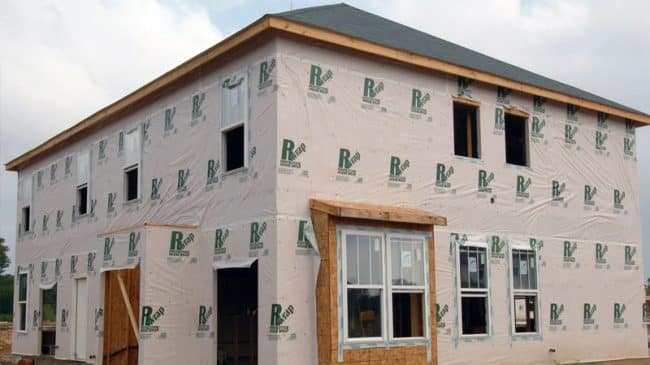Introduction
The idea of going away to college has become inextricably linked to the idea of “dorm life,” or, to keep up with the language of today, “residence hall life.” Reminiscing about college, it is easy to romanticize the camaraderie and late nights of communal residence hall life while forgetting the cramped 11 by 14 foot rooms, the crowded bathrooms, and the week’s leftovers being served in the dining hall for the fourth meal in a row.
While fond memories of college often filter out the unpleasant aspects of residence hall living, university housing administrators cannot turn a blind eye to substandard living conditions of oncampus students. While administrators would like to direct attention to the improvement of living conditions, they must also attend to the realities of unprecedented enrollment, less government funding, aging buildings, greater technological needs, and expanding regulation. To manage these demands, some schools have privatized aspects of their residence halls, taking advantage of increasingly common campus management companies to fulfill their needs. In these cases, privatization has provided a number of benefits to universities and to the students who live in their residence halls, including lower costs, faster construction, and higher quality housing.
Skeptics might question the appropriateness of the broad application of privatization tactics that have, so far, only been used by a fraction of all universities. How can student housing administrators be sure that privatization will have the desired effects?
Despite the newness of residence hall privatization, there is plenty of evidence that it is more effective than the traditional model. Ten years ago, the U.S. military faced many of the same housing challenges. Aging buildings, housing shortages, and high-cost maintenance were frustrating administrators and undermining service member morale. Realizing that housing construction and management is not a core government competency, the U.S. military has since turned to the private sector for remedies. Military housing privatization has proven to be a great success, delivering higher-quality housing to satisfied service members at lower costs to the government and, ultimately, taxpayers. These lessons translate easily to the university setting: residence hall privatization is an excellent approach to addressing university housing woes.

